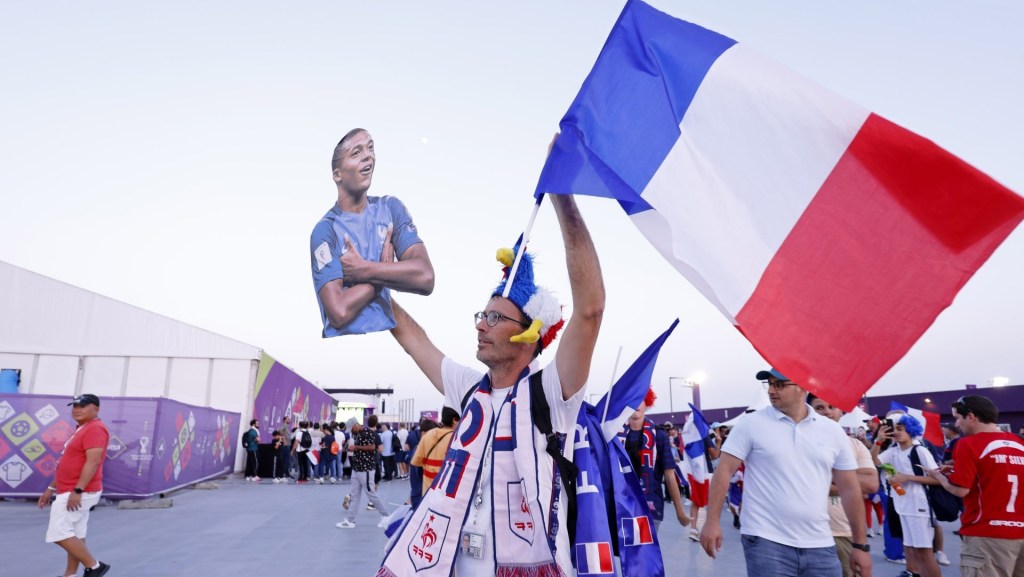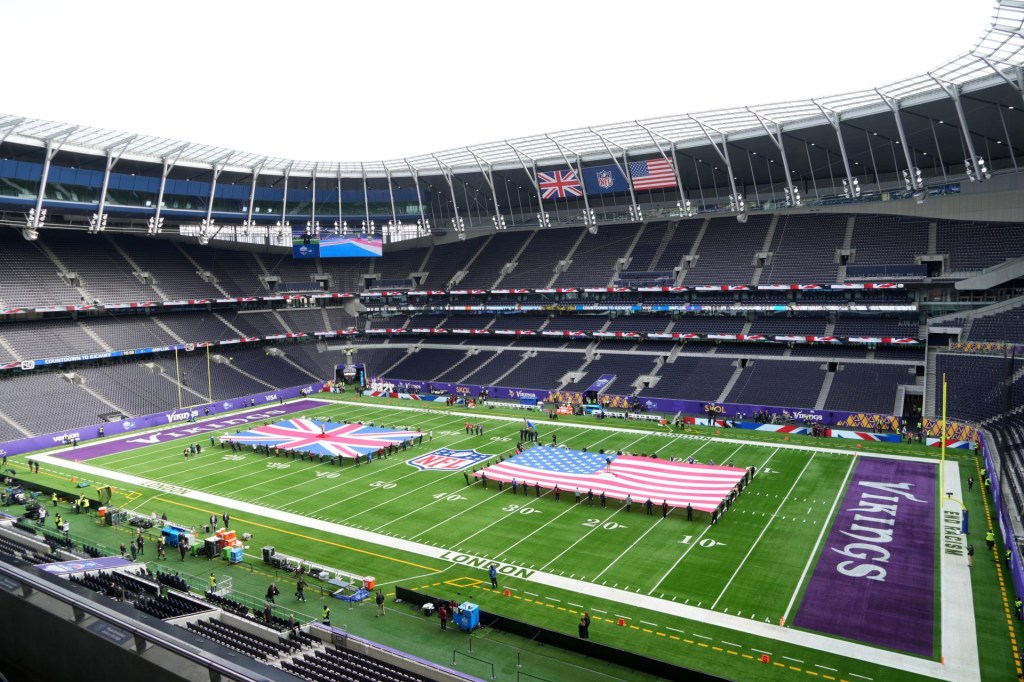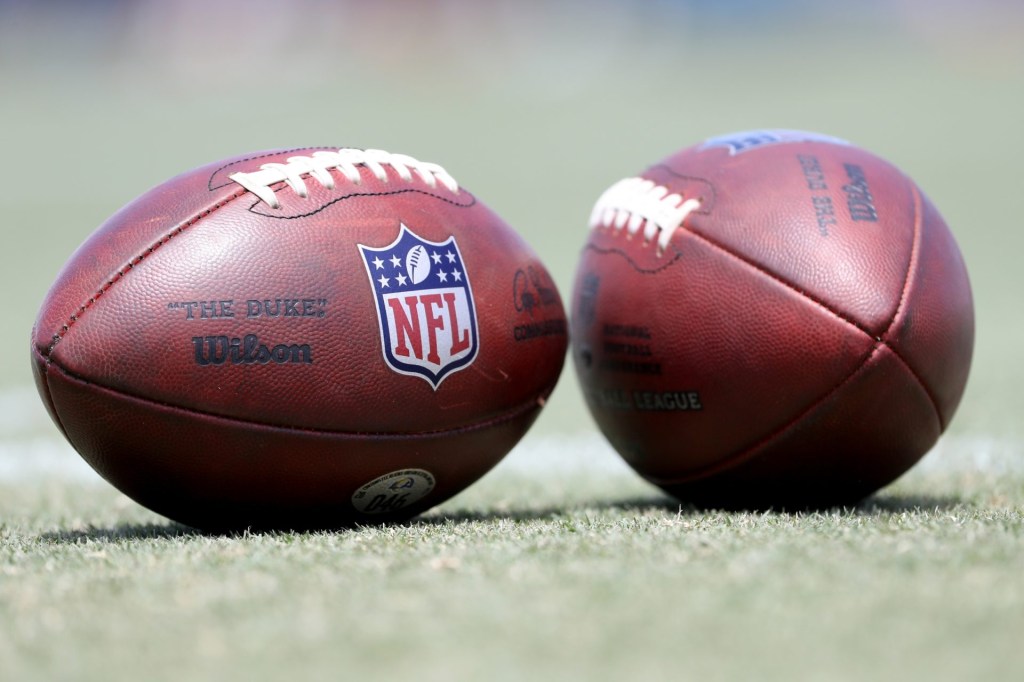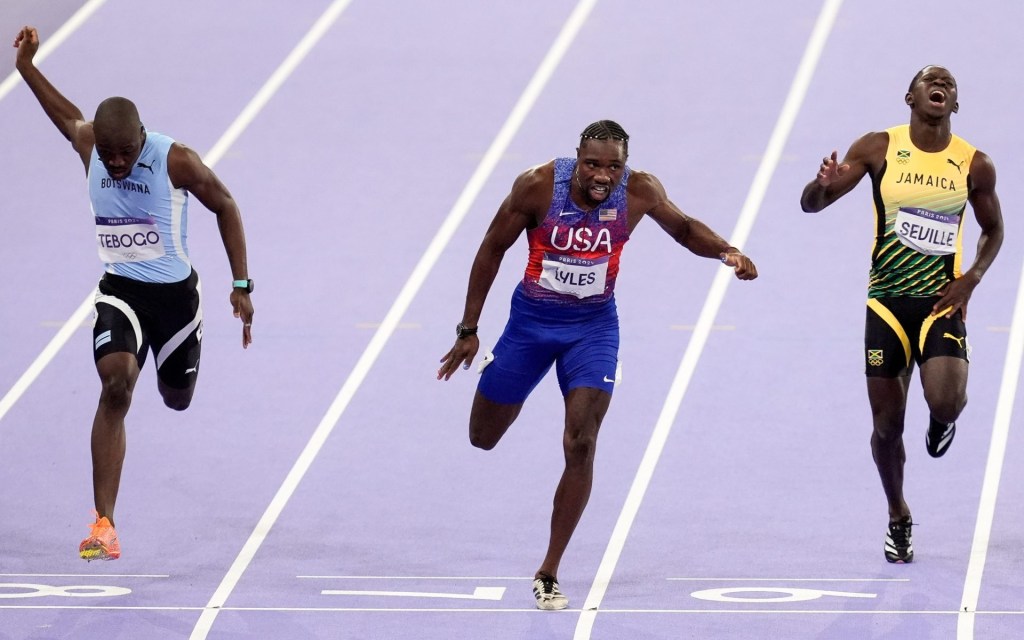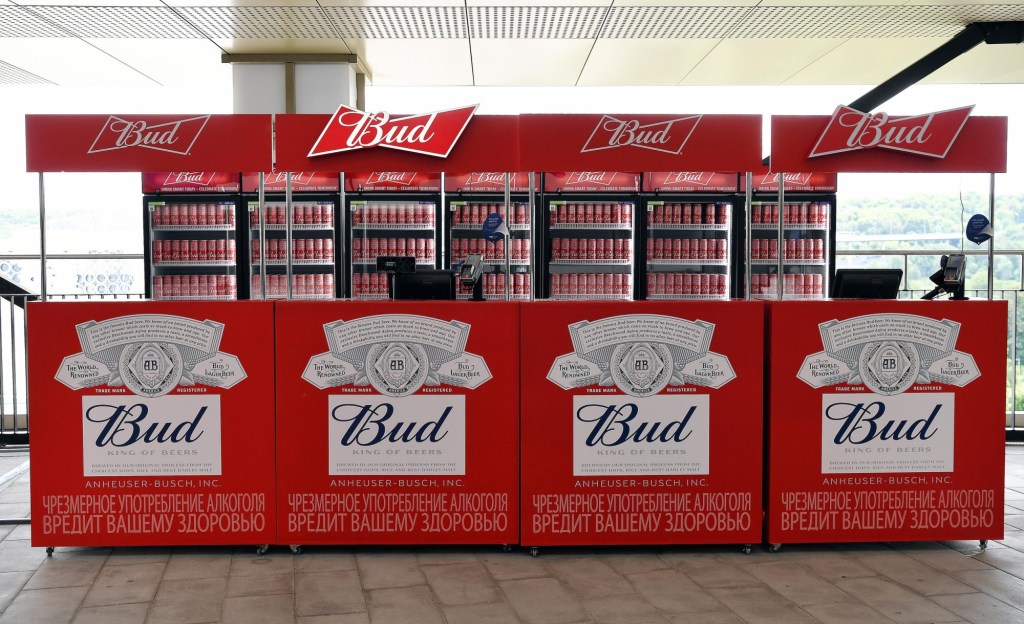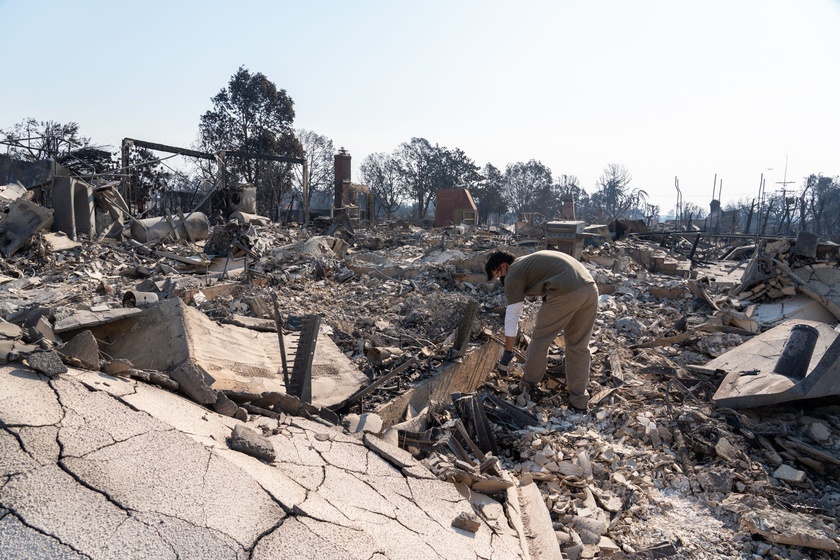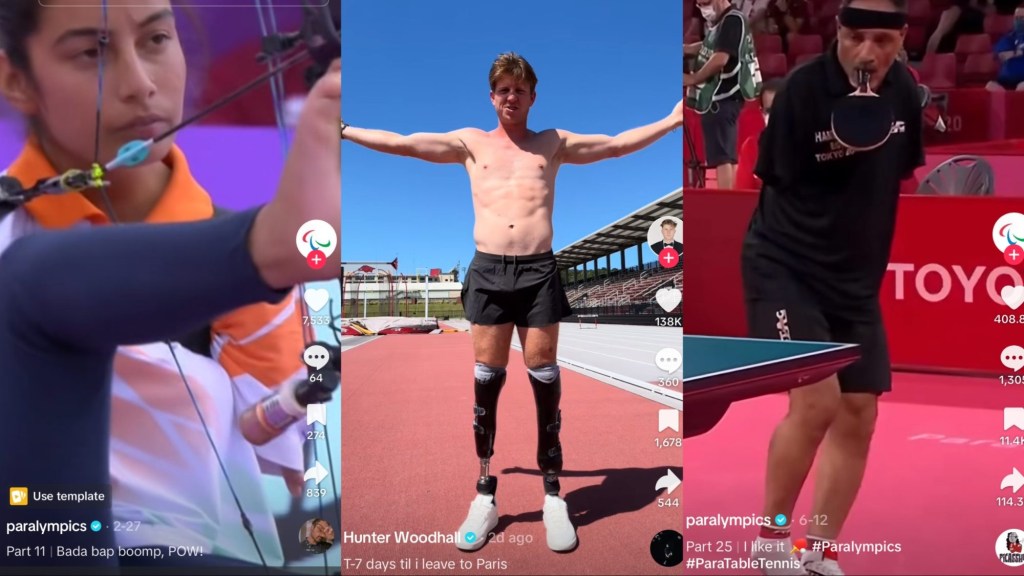Olympic sponsors are torn on marketing tactics leading up to the 2022 Beijing Winter Olympics as government officials stage diplomatic boycotts over China’s alleged “genocide and crimes against humanity.”
The companies risk missing out on marketing opportunities by not capitalizing on campaigns, but could also lose customers by supporting a controversial Olympics.
Former IOC chief marketing officer Rick Burton pointed out that sponsors also “have businesses to operate in China.” Ten of the 12 largest Olympic sponsors, which include Procter & Gamble, Coca-Cola, and Intel, combine for $110 billion in annual revenue in China, according to Bloomberg.
Despite running large, global ad campaigns in previous Games, companies differ in their approach this year.
- P&G’s messaging focuses on the athletes, and marketing decisions are made “tactically and individually by market,” according to its finance chief Andre Schulten.
- Coca-Cola is only running a campaign in China this year. The company has also voiced its concerns over Qatar hosting the 2022 World Cup for similar humanitarian issues.
- Intel, one of the top five U.S. sponsors, has openly agreed with the U.S. government regarding their concerns.
During the 2014 and 2016 Games, top-tier sponsors contributed more than $1 billion combined to the IOC.
Political Involvement
The IOC said it “must remain neutral on all global political issues,” and some companies are following its approach. The Olympics’ official timekeeper, Swiss watchmaker Omega SA, said it doesn’t “get involved in certain political issues” and has launched a new watch for the Games.
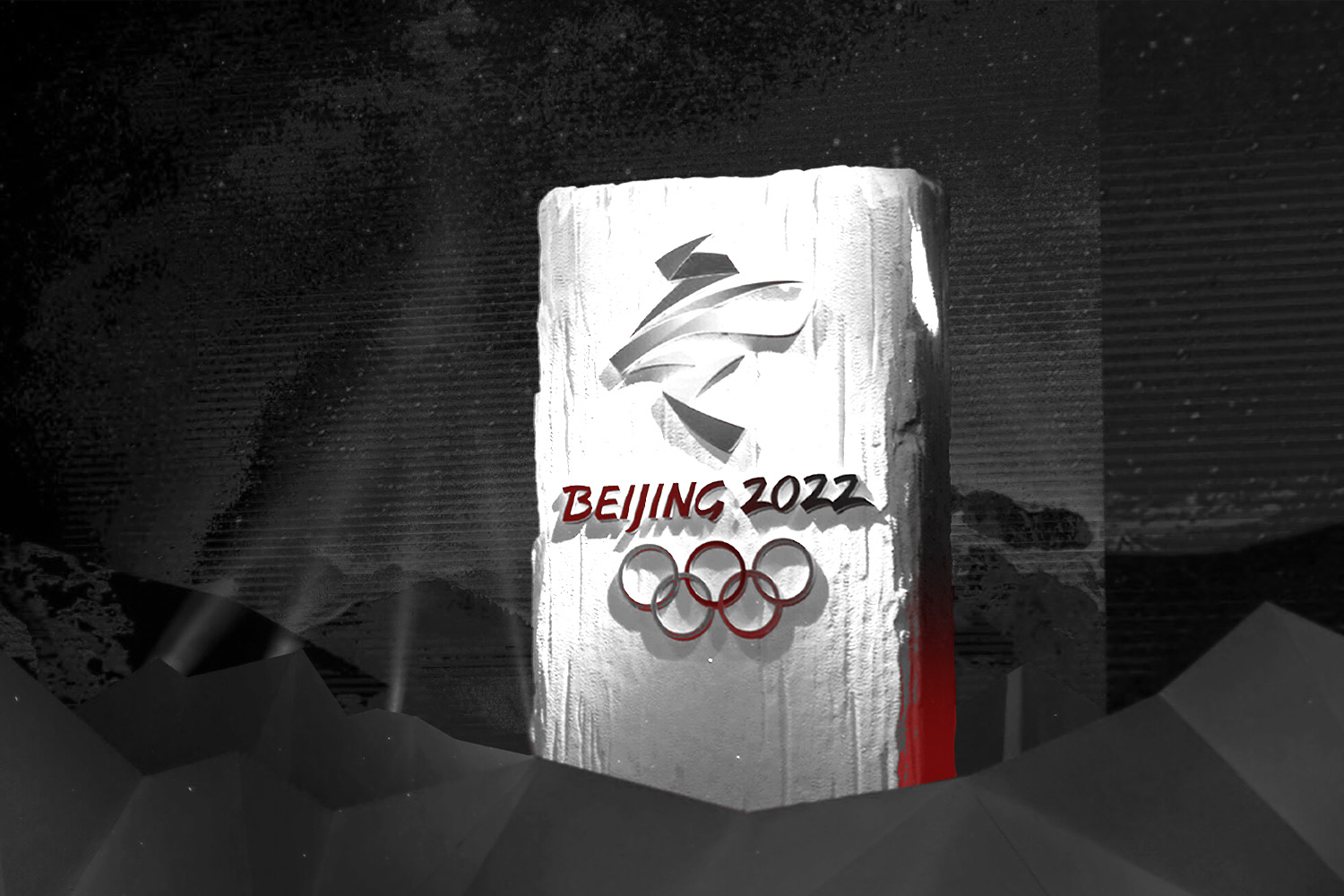
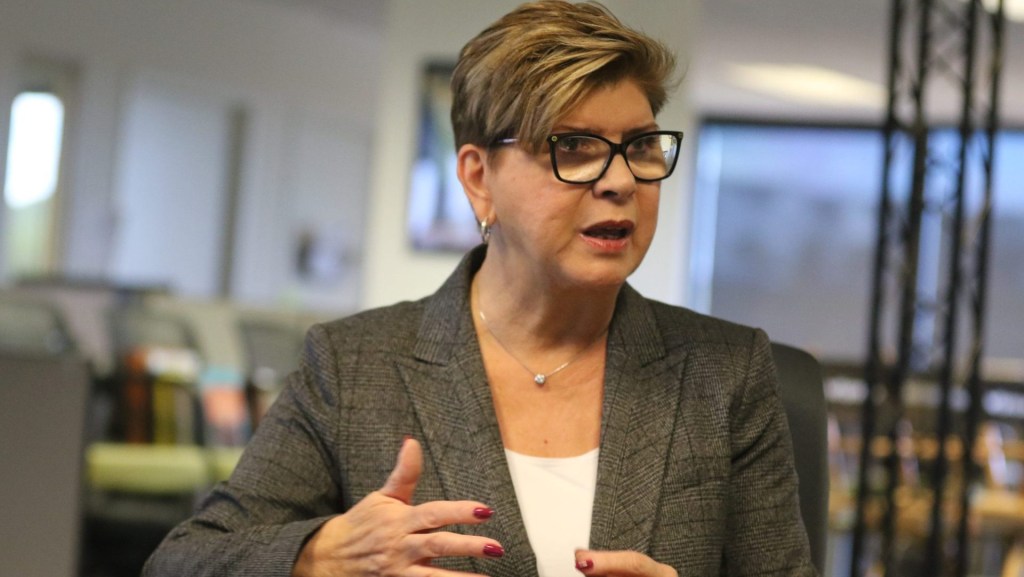

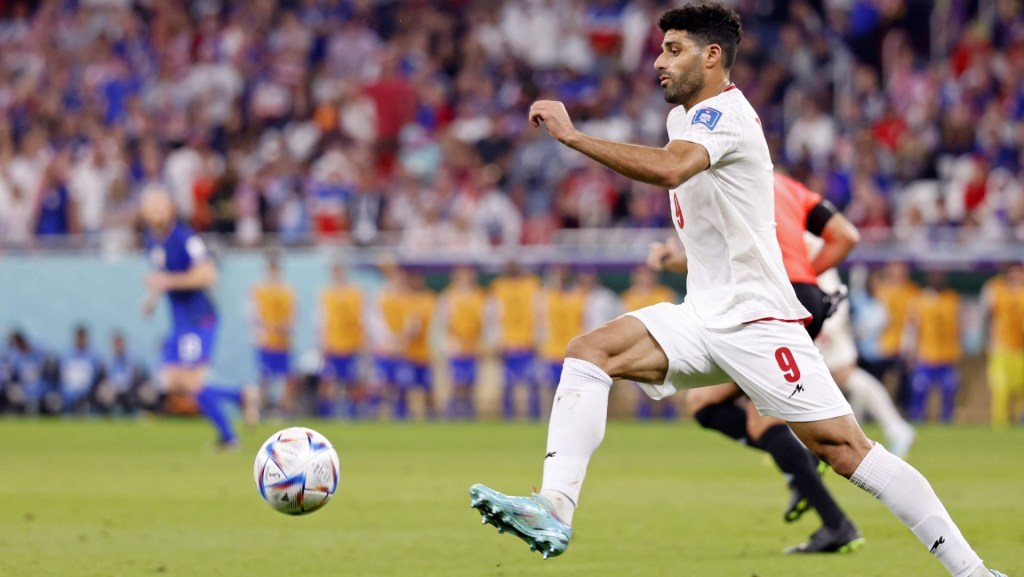
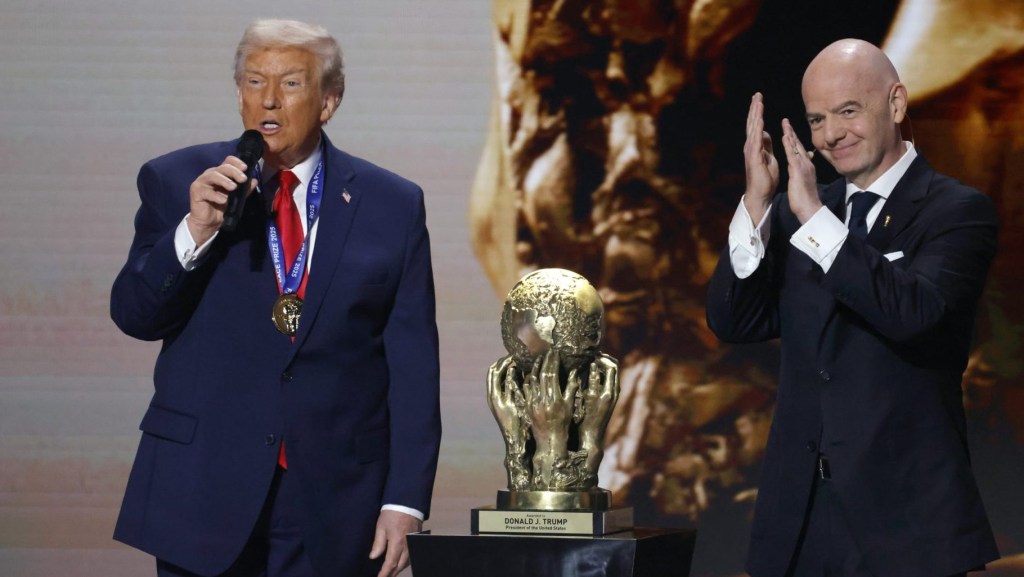
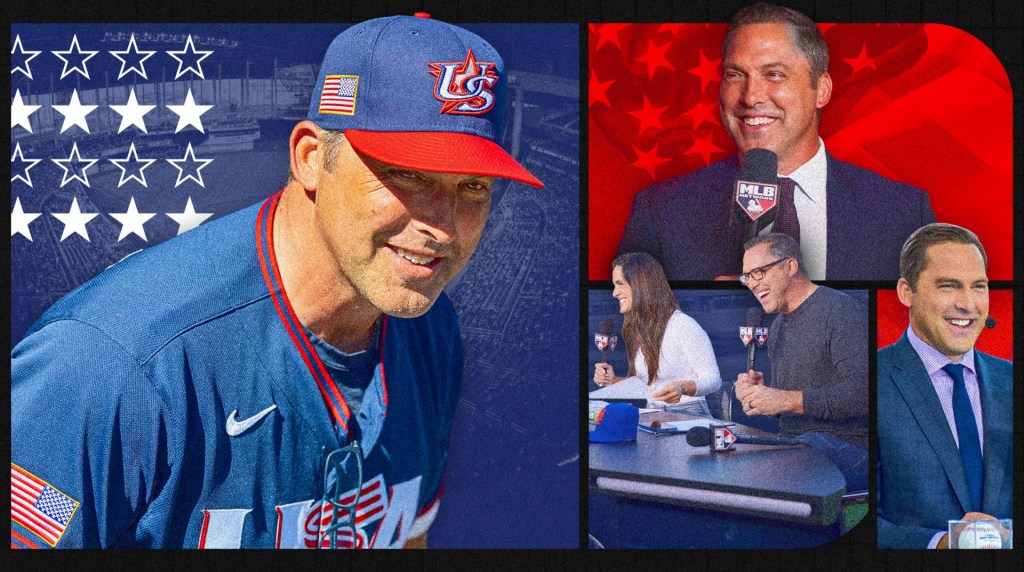


![[Subscription Customers Only] Jun 15, 2025; Seattle, Washington, USA; Botafogo owner John Textor inside the stadium before the match during a group stage match of the 2025 FIFA Club World Cup at Lumen Field.](https://frontofficesports.com/wp-content/uploads/2026/02/USATSI_26465842_168416386_lowres-scaled.jpg?quality=100&w=1024)
